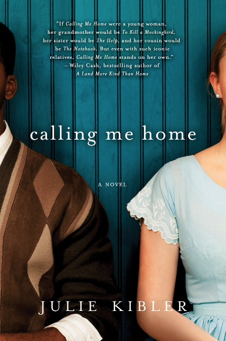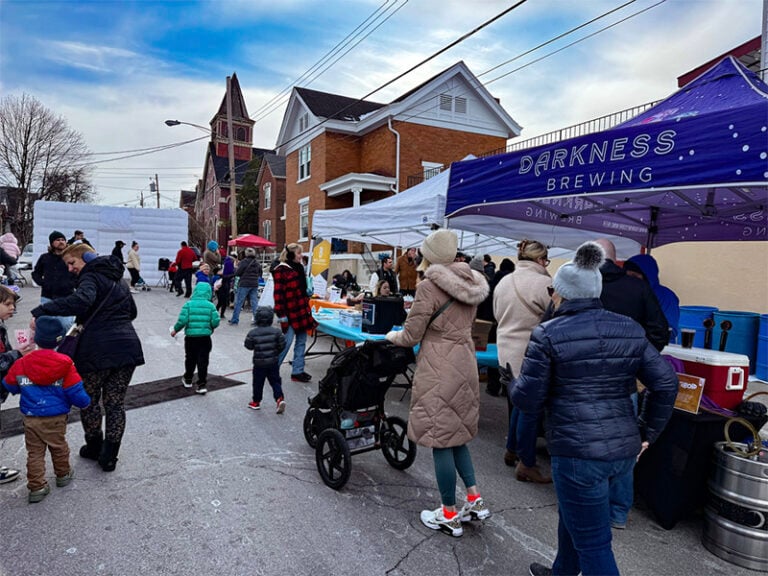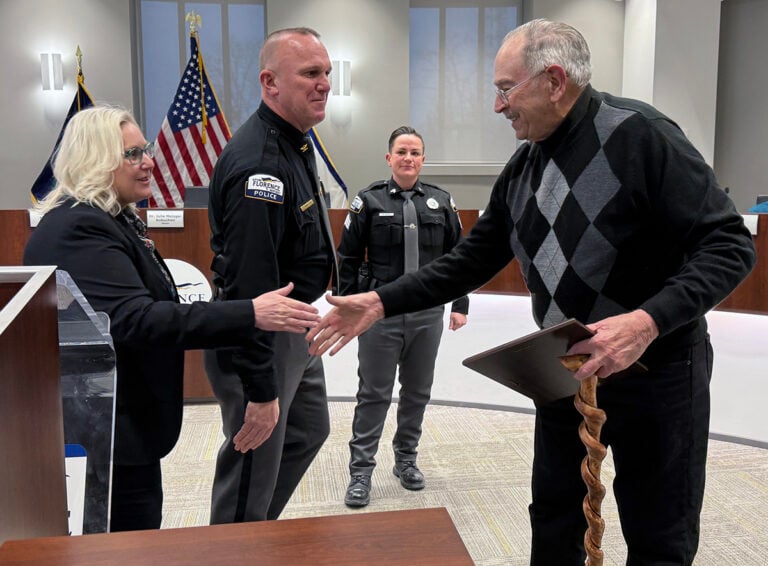The premise of Calling Me Home by Julie Kibler is profound in its simplicity: Isabelle McAllister, a white woman in her late eighties, decides to take a trip to Cincinnati to attend a mysterious funeral. She asks Dorrie Curtis, her black hairdresser (for whom she has great affection), to be her driver and traveling companion. Thus, the primary venue is set for a fulfilling story.
As the two women drive north from East Texas, Calling Me Home’s story unfolds. It is my belief that the simpler the story-line the better the book. Here, Kibler does not disappoint. Through a series of alternating first-person narratives and historical flashbacks, it becomes readily apparent that Isabelle and Dorrie’s road-trip, and its subsequent revelations, will be extraordinary.

Many of the flashbacks in Calling Me Home, Kibler’s debut novel, are set in 1939 in fictitious Shalerville, Kentucky, somewhere near Newport and Covington and are based on experiences of her paternal grandmother. They occur in a pre-World War II town where race relations between blacks and whites were tenuous but commonplace. In fact, a sign at the edge of Shalerville dictated that all blacks had to leave city confines by sunset.
As fate would have it, Isabelle, a doctor’s daughter falls madly in love with Robert Prewitt, the son of the family’s black housekeeper. They elope to Ohio, marry, and are forced apart by her family’s prejudice. An annulment ensues, as does a baby, sorrow, a world war, and human tragedy. Isabelle eventually finds another love and another path. Sadly, life-long regret remains in her wake.
I will not divulge the ending but I will say, despite being remarkably commercial, it is revealing and poignant.
Isabelle is the decent-minded, but naïve, daughter of a noble doctor and his prim-and-proper wife, the kind of strict woman who rules the roost, who is strong on discipline and short on tolerance, especially where race is involved. Her mother would move heaven and hell to keep her daughter from a black man, and she does.
Throw in two high-minded, racist brothers, and a charitable father, and you have the stuff of a powerful story. The tale is representative of the mindset that prevailed in a Northern Kentucky family living in a state where, at one time, interracial marriages were illegal.
This is a novel worth reading despite Kibler’s sometimes forced dialogue. The banter between Isabelle and Dorrie is decent and humorous, and Dorrie’s personal growth is commendable.
Kibler’s story is based on the Northern Kentucky town where her father grew up and on some of the experiences of her grandmother. Kibler notes the story is fiction. As a novelist, as often happens, Kibler chose not to reveal the actual town in which the bulk of the flashbacks are set.

Kibler said, “I created a fictionalized town based on a conglomeration of several small towns in the Newport-Covington area, but many of the geographic and cultural descriptions come from things my dad shared with me about his town and things I learned during research about the towns where my grandmother grew up (several in the same area).”
“Because I did not live there and wasn’t present during the era myself, I don’t feel I have the personal right to incriminate any specific town, so I prefer not to state where my dad or grandmother lived,” she continued. “My dad lived in his hometown from the late 1930s through the late 1950s. My grandmother lived in Northern Kentucky from shortly after her birth through the 1950s, when the family moved to Cincinnati for my dad to attend high school after a year at Newport High.”
Make no mistake; Calling Me Home is a powerful story. As my wife and I read it, we both found it to be tender, influential, and thought provoking.
Kibler was born in Louisville and lived for periods of time in Brandenburg and Lexington. Calling Me Home, a 2014 award-winner, has been optioned by Warner Brothers for a possible movie. You can learn more about Kibler, her life, and the accolades for Calling Me Home here.
Several weeks ago, I wrote a review on The Crossings by Barry Kienzle. He recently sent me this note: “Thought you’d be interested in knowing that [recently] I was notified that The Crossings is the Grand Prize Winner of the Great Southeast Book Festival.” I offer my congratulations; this is a fine book and well worth your time.
Donald Then, a novelist and experienced editor and journalist, is NKyTribune’s literary editor. He will review books written by local authors or those with a Northern Kentucky setting. Reach him at author@djamesthen.com Visit his website at
www.djamesthen.com


















